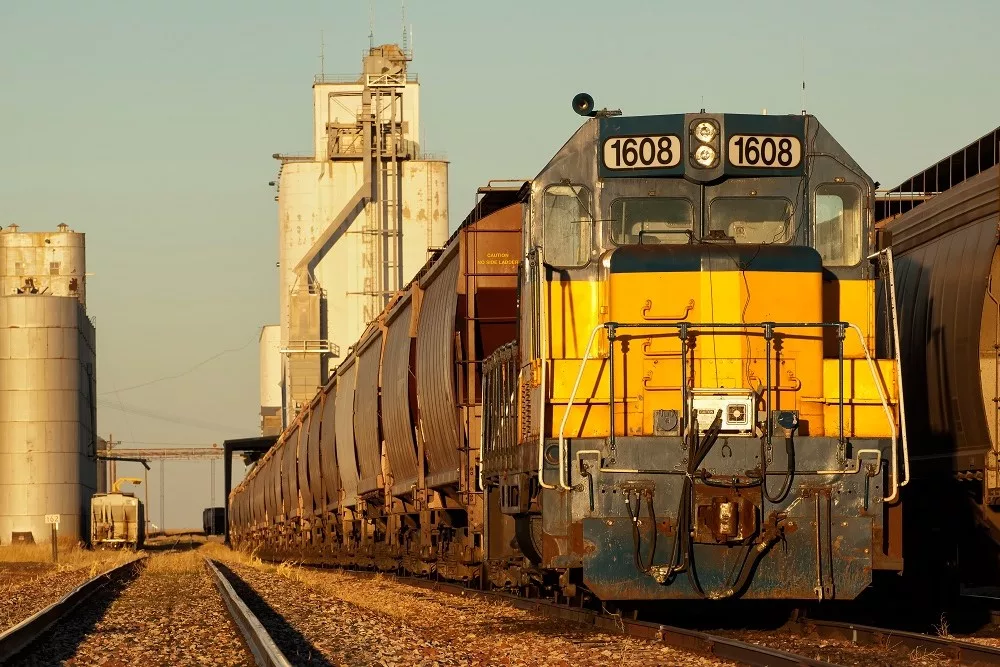Following the decision by The U.S. Customs and Border Protection (CBP) to reopen the Eagle Pass and El Paso rail crossings into Mexico last Friday, several ag groups, including the National Corn Growers Association (NCGA), say they are happy with the move, but cautioned the agency against making similar decisions in the future.
“This is certainly a welcome relief,” said NCGA President Harold Wolle. “We are very appreciative that CBP was responsive to our calls to have the border crossings re-opened, but we hope this experience serves as a cautionary tale moving forward. Rail is a key mode of transportation for our exports into Mexico, so closing rail crossings can have devastating ramifications for farmers and the economy.”
The two rail crossings along the Texas border towns were closed on December 18 by the U.S. Customs and Border Protection as part of an effort to prevent migrants from entering the country illegally. However, twenty-five percent of U.S. corn exports into Mexico go through El Paso and Eagle Pass.
U.S. Wheat Associates and the National Association of Wheat Growers were also relieved the shutdown ended.
“These rail corridors are essential gateways to many loyal flour millers and food customers in Mexico who rely on the interconnected U.S. and Mexican rail system for a reliable source of high-quality U.S. wheat,” they said in a statement. “We trust CBP will take the steps needed to avoid future rail closures.”
Among lawmakers in Washington, Sen. Roger Marshall (R-KS) expressed his frustration at the Biden administration and CBP.
“The Biden Administration creates one crisis and tries to ‘solve’ it by creating another crisis,” said Marshall. “Monday’s ill-advised decision left millions of dollars of goods stranded on the tracks right before Christmas. We immediately started demanding answers from CBP and explaining the ripple effect of this decision on international commerce. We shared the stories we were hearing from our agriculture, rail, and automotive industries about the detrimental impact the railroad closure was having on their bottom line. I am glad the Biden Administration now understands that you can’t close down major rail routes overnight- but I do remain very concerned that international commerce and many people’s livelihoods in rural America was an afterthought to this Administration.”
According to Sen. Marshall, railroads have had to hold over 100 train sets, equivalent to more than 100,000 rail cars and 10,000,000 tons of commodities and goods during the rail crossing closure between Dec. 18-22.
Sources: National Corn Growers Association, Sen. Roger Marshall (R-KS) press release, NAFB News Service.

